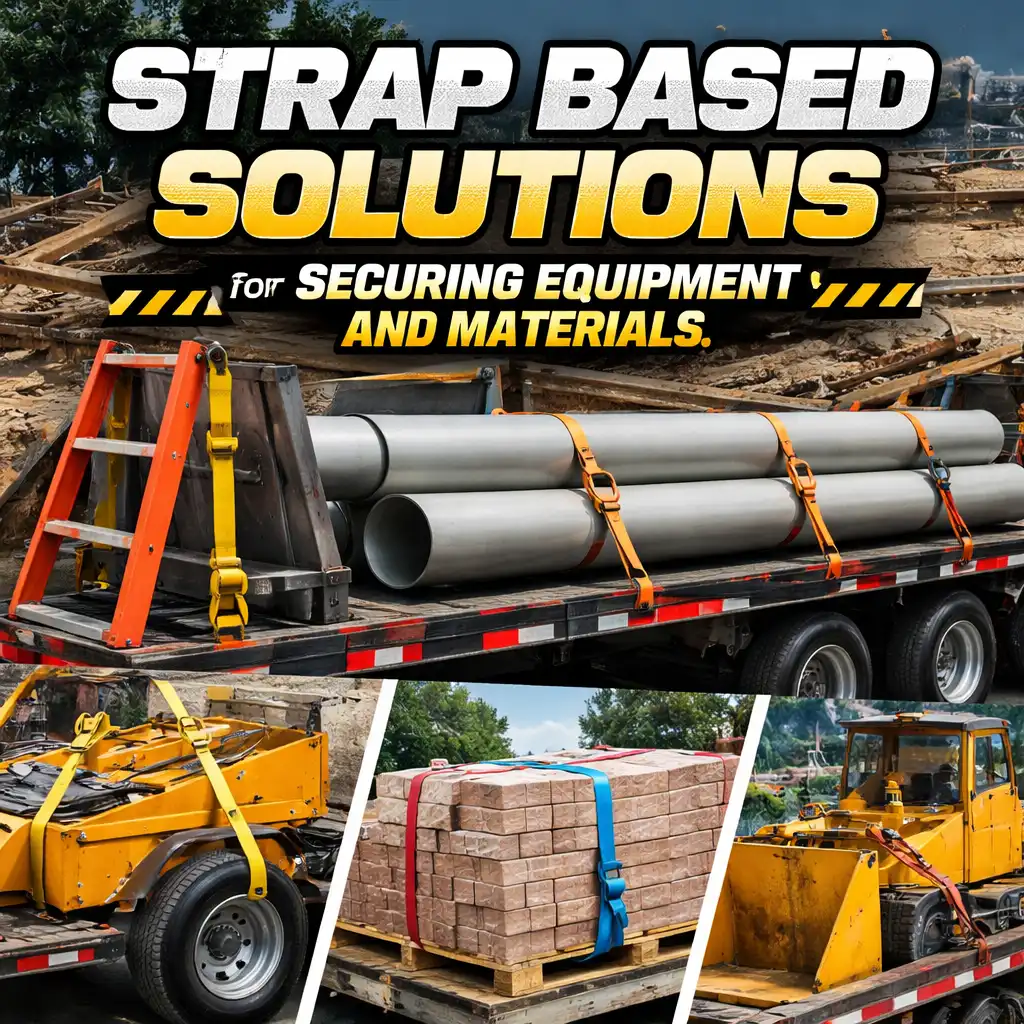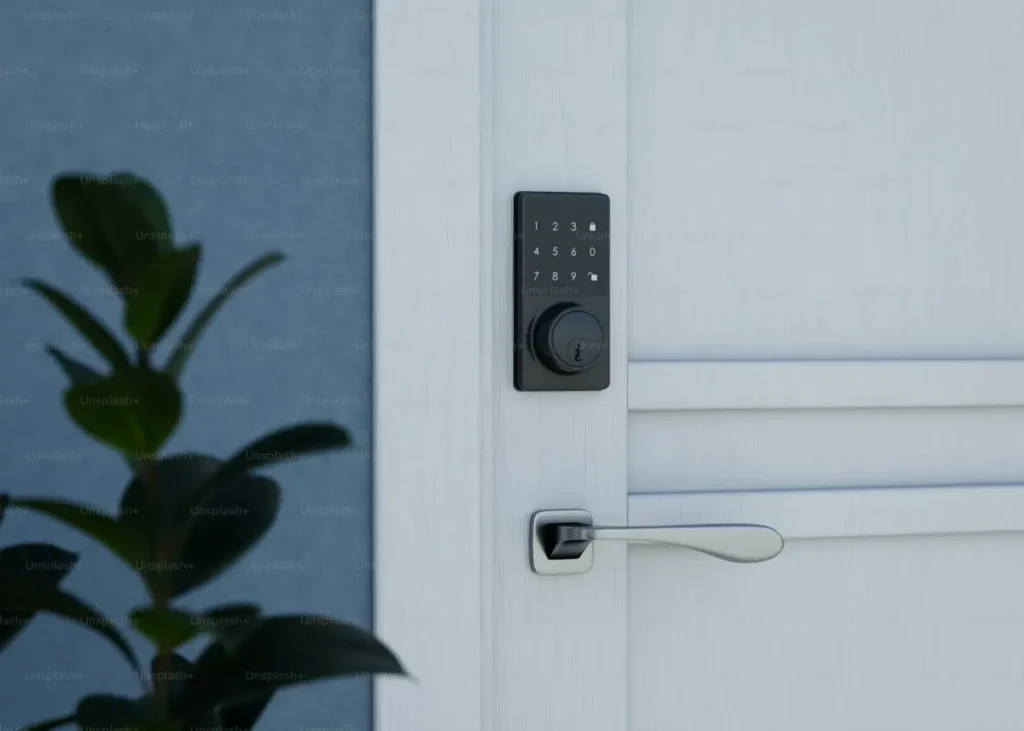Is someone blocking your driveway again? Or maybe there’s a car just sitting in a no-parking zone, and it’s been there for days. Whatever the case, spotting an illegally parked vehicle is frustrating, and knowing what you can legally do about it isn’t always obvious.
Let’s clear that up.
Parking laws exist for a reason. They keep traffic flowing, protect access for emergency services, and make sure people can use public and private spaces safely. But when someone breaks those rules, your next move isn’t about getting revenge or taking things into your own hands. It’s about knowing your rights and following the correct steps.
First, What Counts as Illegally Parked?
Not all annoying parking is illegal. A bad parallel park job isn’t a violation unless it causes a hazard. But these situations usually are:
- Blocking driveways
- Parking in front of fire hydrants
- Double parking on public roads
- Parking in disabled spots without a valid permit
- Abandoned vehicles left for days or weeks
- Obstructing sidewalks or crosswalks
- Parking in “No Parking” zones, bus stops, or loading zones
It’s also worth checking local signage. Some restrictions only apply during certain hours or days. Just because a spot is empty doesn’t mean it’s legal.
Know This Before You Act
Here’s the key thing: just because a car is parked illegally doesn’t mean you can tow it yourself, damage it, or block it in. Doing that could land you in legal trouble, even if the other driver is in the wrong.
Before you take action, you need to:
- Stay calm
- Document what you see
- Understand what’s within your legal rights
This is especially important if the car is parked on public property versus private land. The rules can change based on location.
Your Options for Public Property
If the car is illegally parked on a public street or in a public lot, the responsibility usually falls to your local city or municipal parking enforcement.
Start by calling your non-emergency police line or local parking authority. You’ll need to give clear details: the exact location, description of the vehicle (make, model, color, plate), and the specific violation (e.g. blocking a hydrant).
They’ll decide if the vehicle should be ticketed, towed, or left alone. Keep in mind, some departments prioritize safety violations over general inconvenience. A car blocking a fire lane or bus stop may be towed quickly. One that’s slightly over the line in a street space might just get a warning or fine.
You can also check if your area has an online reporting tool. Many cities let residents upload photos and submit complaints digitally, which helps speed up the process.
What If the Car Is on Private Property?
This is where things can get tricky. If someone has parked on your private property without permission, for example, in your driveway or a designated spot in a private lot, you may have the right to have it removed. But there are strict rules about how that’s done.
In most cases, you’ll need to:
- Call a licensed private towing company
- Post visible “no parking” signage if required by local law
- Avoid touching, blocking, or confronting the driver directly
Some cities require property owners to notify local authorities before towing. Others have limits on when and how towing can happen. That’s why it’s smart to check your city or county website for property-specific parking laws.
And if you live in a condo or apartment complex, check with your property manager first. There may be internal procedures you need to follow.
Knowing what to do about illegally parked cars isn’t always straightforward, especially on private property, where local laws often limit what steps you can take on your own. This is why it’s often good to consult with professionals, like a local towing company. Getting it wrong could actually backfire, so it’s worth taking the time to understand your rights and responsibilities.
Avoid These Common Mistakes
Taking the law into your own hands can backfire. These are things you absolutely should not do:
- Don’t damage the vehicle in any way. Scratching it, breaking a window, or slashing tires can land you in legal or even criminal trouble.
- Don’t leave angry notes with threats or offensive language. It may seem harmless, but it can escalate things.
- Don’t block the car in. That might feel like justice, but it’s often illegal and can complicate enforcement.
- Don’t assume it’s an abandoned car just because it hasn’t moved. There are specific criteria for what legally counts as “abandoned,” and most cities have a waiting period before action is taken.
Stay above board. It’s tempting to vent, but keeping it legal is the smarter long game.
When to Involve the Police Directly
Not every situation calls for police involvement, but some absolutely do.
If the car is:
- Blocking access to emergency services
- Creating a hazard for pedestrians or drivers
- Involved in suspected criminal activity
- Abandoned and showing signs of damage or being stripped
Then contacting your local police department (not 911 unless it’s a true emergency) is the right move.
Again, you’ll want details: license plate, photos, how long it’s been there, and why it’s causing a problem. Officers can run the plate, notify the owner, and take the next step if needed.
If It’s a Repeated Issue
Sometimes it’s not just a one-off. If you’re dealing with a neighbor or repeat offender, the approach needs to be a little different.
Try keeping a record of every time the problem happens. Dates, times, photos. You can then present that to your local authority or landlord if needed. In some cases, ongoing parking issues could violate lease agreements, HOA rules, or city ordinances.
You can also consider adding clear signage or even security cameras—both of which can deter future violations.
If Nothing Happens
Yes, it’s frustrating. Sometimes you report an illegally parked car, and no one acts right away. That doesn’t mean you’re out of options.
Follow up. Call again, provide updates, and ask for clarification on next steps. Persistence, while staying polite, often gets better results. And if it’s happening often in your neighborhood, talk to other residents. A joint complaint or petition can carry more weight.





